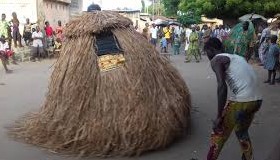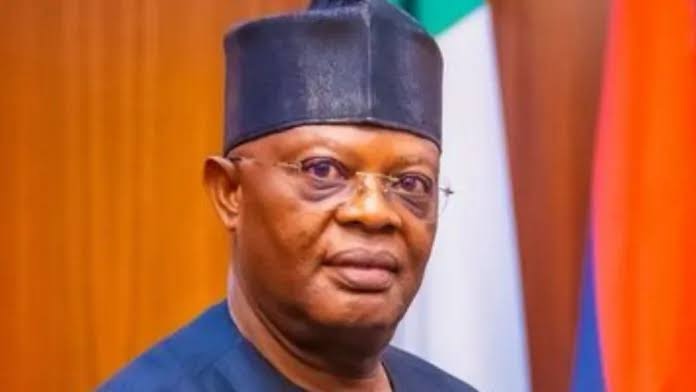No doubt for centuries Africa traditional practices are embedded in secrecy, especially those that had to do with the sacrifices and people who partake in it held the secret throughout their lives till death.
With reference to the Edo Kingdom that is historically father to Esan people and other sub-nations within and outside the Edo State, it is significant to know that animal and human blood sacrifices have been historically associated with certain traditional practices in their communities, particularly in Benin Kingdom and Esan nation. While these practices are often shrouded in secrecy and not openly discussed, there are some historical accounts and cultural references that are believed to be practiced till date. I will shed light on some of these rituals:
The Coronation Ceremony of the Oba of Benin, a revered traditional ruler in Edo State, and that of the Onojies (King) of Esan people, is a significant event that involves various rituals and ceremonies. While detailed information about specific rituals involving blood sacrifices is limited due to the secrecy surrounding such events, traditional practices tied to the ancestral and spiritual significance of the Oba’s and Onojie’s roles may include symbolic acts related to sacrifice.
The Burial of Traditional Chief Priests, the custodian of shrines that are dedicated to deities in Benin and Esan are said to be done in secrecy, which involves animal and human blood that must be done by the first son who would traditionally steps into the shoes of the father to become the new chief priest.
Ogboni Cult: The Ogboni cult, known for its secretive and influential role in traditional governance and spiritual affairs, has been linked to blood sacrifices in Edo State and Nigeria in general. Members of the Ogboni society are believed to perform rituals involving the sacrifice of animals, and in some cases, humans, to appease ancestral spirits and deities for protection and prosperity.
Edo Traditional Religion: The traditional religion of the Edo people, which includes the worship of various deities and spirits, is believed to involve rituals that may include blood sacrifices. These sacrifices are considered to strengthen the spiritual connection between the living and the ancestors or gods.
Olokun Festival: The Olokun festival, dedicated to the deity of the sea and wealth, is a major celebration in Edo State. Some accounts suggest that in the past, the Olokun festival may have involved animal sacrifices, including the shedding of blood as an offering to the deity.
The early European Christians who came to Benin and Esan land to evangelize understood how much these people revered the preservation of their tradition. It is recorded that Oba Esigie welcomed the European Christians to the Edo communities and to demonstrate commitment to Christianization, he had himself and his entire household baptized into the Catholic Church. History has it that Oba Esigie’s first son, Orhuagbua was trained in Europe and became a catholic priest, which he practiced in Benin upon his return. However, upon the death of the Oba, the son Orhuagbua was forced and compelled to relinquish his Christian religious faith before he was crowned as the Oba of Benin Kingdom.
Most recently, it is reported that a legal practitioner whose name I would preferred to remain anonymous in this write-up, who was supposed to have inherited his father’s traditional duties as the custodian of their community shrine has been forced to relocate and seek refuge oversea because he refused to participate in the secret traditional sacrifices before the burial of his late father.
It is crucial to approach the topic of blood sacrifices in Edo State communities with sensitivity and respect for the cultural and religious beliefs of the people. These practices are deeply rooted in tradition and are often surrounded by taboos and secrecy within the communities where they are performed.
Edomwandagbon, a teacher and cultural enthusiast, writes from Edo State


